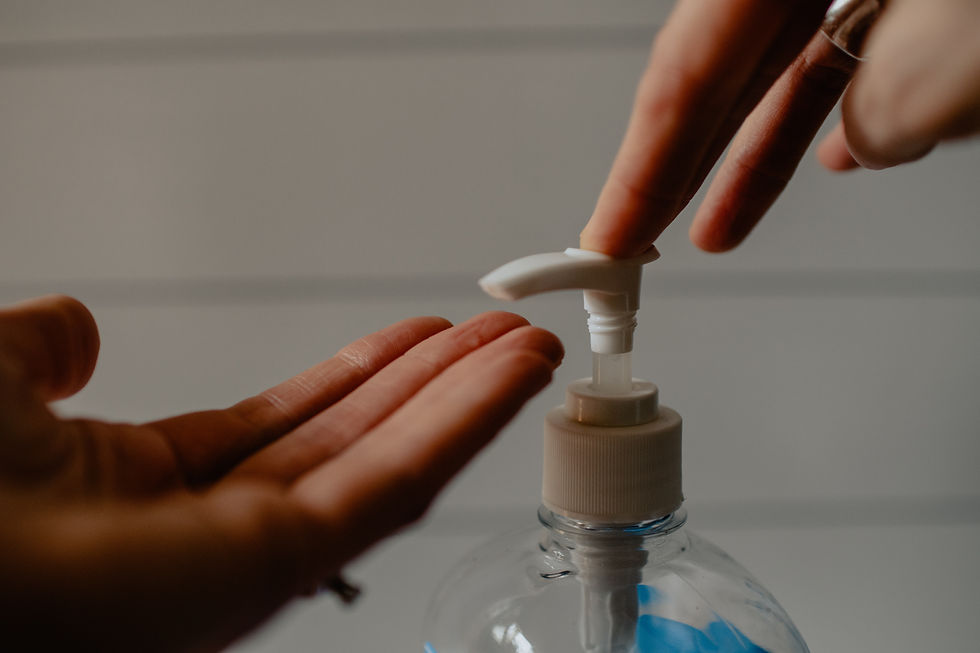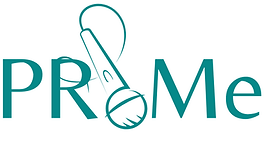This is How Retailers can Help Local Wine Producers' Cash Flow in the Lockdown
- Sonja Bezuidenhout
- Jul 1, 2020
- 3 min read
In a matter of days, South Africa veered away from its top 10 ranking as one of the world’s leading wine export countries to one that could not export at all. Since the start of South Africa’s lockdown, almost 120 000 jobs were lost in the alcohol industry - Vinpro. By opting for 70 percent ethanol-based hand sanitiser, retailers can help curb the spread of infectious diseases and make a dent in local wine farmers’ financial drawbacks.
Now that South Africa’s lockdown regulations have surpassed level four, with further relaxed protocols calling for more public traders to re-open, instant, waterless hand sanitisers have been flooding the market.

Ethanol-based hand sanitisers do not come cheap, but its effectiveness can help avoid a backlash in health claims among retailers.
Retailers have been quick to source the essential commodity in bulk. In the rush of it all, many have failed to question the sought-after item’s effectiveness. In a time where the quickening rate of confirmed COVID-19 cases has prompted public traders to think outside the box, bogus suppliers have taken advantage of retailers’ need to tick the sanitiser prerequisite off their checklist.
Medical-grade sanitiser includes at least 70 percent ethanol. Sanitisers that contain other, more affordable ingredients, can prove to be toxic, feed into skin allergies, itchiness and do little to disinfect contagious bacteria. Aside from its effectiveness, the biggest difference is its price. As more affordable sanitisers, not containing ethanol – but rather methanol or isopropyl, less effective, more harmful alcohol-based ingredients – have become more available, sales of qualifying ethanol-based sanitiser have started to dwindle.
Ethanol is an alcohol present in wine, spirits and beer; the kind that is safe for human consumption. As South Africa entered its most severe lockdown period at the end of March 2020, to halt all consumptive alcohol sales, wine and spirits producers were of the first to help medical centres stock up on the then-rare disinfectant.
The wine and spirits sector has been one of the most hard-hit industries during the pandemic, at least in South Africa. Yet, it has played an integral part in the nation’s fight against the Coronavirus.
Due to the alcohol ban and the government’s decision to pause exports during level four of the lockdown, harbours are still at capacity, and struggling to build-up a good pace to get local wines across borders. It can take up to six months (likely more) before exporters will see relief in numbers.
Considering the problematic circumstances South Africa’s wine and spirits industry finds itself, Leenders Wines’ winemaker and Pimville Gin founder, Francois Bezuidenhout, took to placing the situation on its head. In supporting cape wine farmers and wineries that have been struck hard by the pandemic, Bezuidenhout purchased more than 800 000 litres of old, bad and distilled wine that farmers could no longer sell.
Since the start of April 2020, Pimville Drinks Co. (Pty) Ltd. converted their spirits facility into a hand sanitising factory. While Bezuidenhout runs his winery and distillery, he thought it more useful to help provide some financial relief to bulk wine producers who have felt the knock of the lockdown.
He and his team produced over 100 000 litres of high-quality ethanol-based sanitiser from the stock wine bought from wine producers. It has taken ten weeks' 5 AM to 12 PM daily labour to convert the old wine into a safe, efficient sanitiser that can eliminate bacteria known to cause diseases.
"The lockdown has called for entrepreneurs to think of new ways to survive the economy dip," says Bezuidenhout. " Yet, we cannot forget those who have helped us build our industries. If there are ways to continue being more creative, encourage locals' support and give back to our communities, it can help stabilise the industry in the long run. We are proud to be able to generate income for struggling wine business' during this time and create an essential product that helps people stay healthy."
The Norona 70 percent ethanol hand and surface sanitiser is available at R36,50/L ex-distillery and can be purchased in 5L, 25L or 100L format.
For more information, email francois@bezfamily.com
.png)






Comentarios